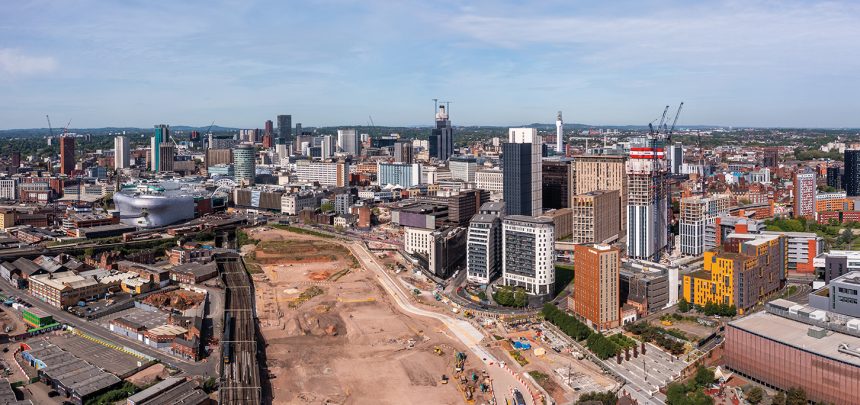The Confederation of Passenger Transport (CPT) recently highlighted its report on the economic impact of local bus services.
I was pleased to be at the launch of this in Derby recently and commend this important and useful report to you and your stakeholders.
This month, though, I want to make a related but fundamentally very simple point. Operating and improving bus routes and networks, as the report demonstrates, is not just good value in all sorts of ways, but it is also very inexpensive compared to just about any other mode (I was going to use the word “cheap”, but that can have negative connotations).
Of course, I’m not against the provision and improvement of any form of public transport, and if West Yorkshire can make a metro scheme happen, for example, then great.
But I’m thinking about stories we read of a new railway station on some relatively minor line where a new and pretty barren couple of platforms will enable a small number of people to reach a small number of destinations a few times a day.
On seeing the cost of this, you think, “How much? We could have used the same money to do X, Y & Z.” Yes, there are always differences between revenue and capital spending. But the fundamental point remains.
Buses are easily the quickest, cheapest and most flexible way to make that difference
Around 20 years ago, I attended a meeting in North East Lincolnshire and talked to councillors and officers about Stagecoach’s bus network in the area. The councillors were discussing the feasibility of a light railway between Grimsby and Cleethorpes and mentioned an approximate cost.
When a suitable opportunity arose, I informed everyone that we could continue discussing the provision of a light rail link that would, in many years’ time, if ever, provide a similar service to that which was already being provided by my buses on that single key corridor anyway.
Or, I estimated, we could for the same money double the frequency of every bus route in the whole network, commence several new ones, lengthen the operating days to provide 18 hours of service seven days a week, replace the whole fleet of buses with new — oh, and run it all free for customers for the next 10 years or so.
Which scenario, I wondered, would benefit the most people, and by a very long way?
While my intervention killed the conversation about light rail stone dead, it did not prompt the people there to say, “crikey, that sounds good, let’s do that then!”
And I wasn’t naive enough to believe it would, buses perhaps not giving them the control they were after, nor seeming modern or sexy enough.
But the image of buses, as I discussed in a previous column, has improved in recent years, and politicians get their importance and are keen to talk about them now, and the fundamental argument about the cost of bus provision hasn’t changed in comparison to using the money on other schemes or modes.
We live in a world where the new government, new and re-elected metro mayors and many local authorities are keen to make a difference to transport in their area, but they are cash-strapped and have many other priorities, including statutory ones.
Buses are easily the quickest, cheapest and most flexible way to make that difference — especially through partnerships where all parties concentrate on delivering what they are good at.
Even franchising done in a light-touch way can still achieve bigger and more rapid results than other road and rail alternatives — and in a way that happily contributes to many other economic, environmental and societal goals.
So, buses are relatively low in cost but, as our new report shows, every pound invested also pays back up to five.



























